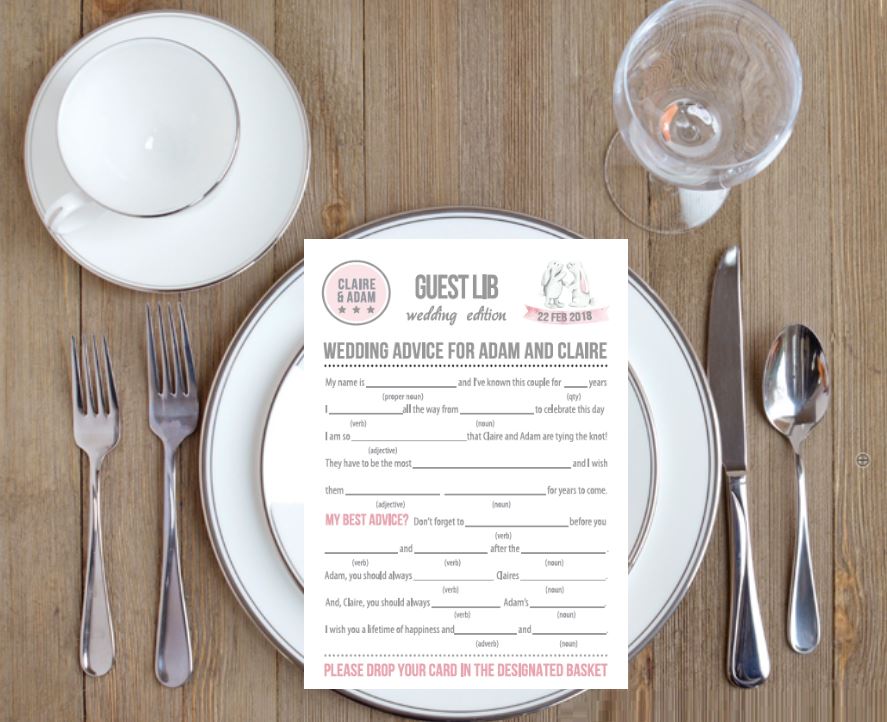Do You Need Pre Wedding Counselling
The short answer is “yes”. The fact is that everybody could do with some helpful advice and communication tips before diving into the most important decision of their lives. Some may need this more than others, but no one will ever lose out from accepting counsel from a therapist, religious leader or a marriage veteran.
It has been shown that couples can and do increase the chances of the success of their marriage, particularly at the beginning stages, when they have enjoyed pre-wedding counselling. At this time, even couples that have lived together before the wedding experience a transitional phase, a period in which they are becoming accustomed to being legally bound until death.
Learning what challenges to expect and how to address these in a new, effective way is hugely beneficial before one goes through the ceremony. It prevents the panic that often ensues after the first “married” fight and enlightens one about the otherwise unspoken expectations of the other, which may never have been expressed verbally. Learning to speak to one another in a way that works for you as a couple is a skill that will always benefit the cohesion of the union.
Some churches or religious institutions have an in-house counsellor that will be willing to hear the concerns of the individuals, or the couple. They provide counsel based on the Bible, or relevant religious texts of that faith. These sessions allow the couple to feel spiritually backed, but also give them the opportunity to express themselves to someone that understands their moral and religious context. This counselling is actually required by some churches before they will allow you to wed in their facilities.
Should couples decide to go for pre-wedding counselling, it is necessary that they get their issues out. They should express themselves honestly and completely so that both they and their partners have the opportunity to deal with potential obstacles without hindrance. However, they should also talk about topics that they may think they agree upon, such as:
- Having children – if, when, how many, etc...
- Religion – will one of them expect the other to go to their church, if it is different? What faith will children be required to follow? What happens if one of the partners wants to stop attending church or wants to change their religion?
- Finances – are both of them going to work? How much money do they need to fulfil their financial obligations? Who will be responsible for drawing up the budget? Will they each have their own bank account or will all money be pooled and shared?
- Family – will one or both of them need to provide care and perhaps even accommodation to a parent in the near future? How many times will they be required to visit one another’s family? How will they handle celebrations such as Christmas and birthdays if they need to travel to certain family members for these?
No marriage is always going run smoothly. There will be obstacles and subjects of disagreement. There will be times when both partners need to submit to the wants, beliefs or needs of the other, even making personal sacrifices. However, with pre-marital counselling, many of the major issues can be addressed and handled in an environment of professionalism, peace and openness.
Photo Credit: www.tietheknot.co.za





